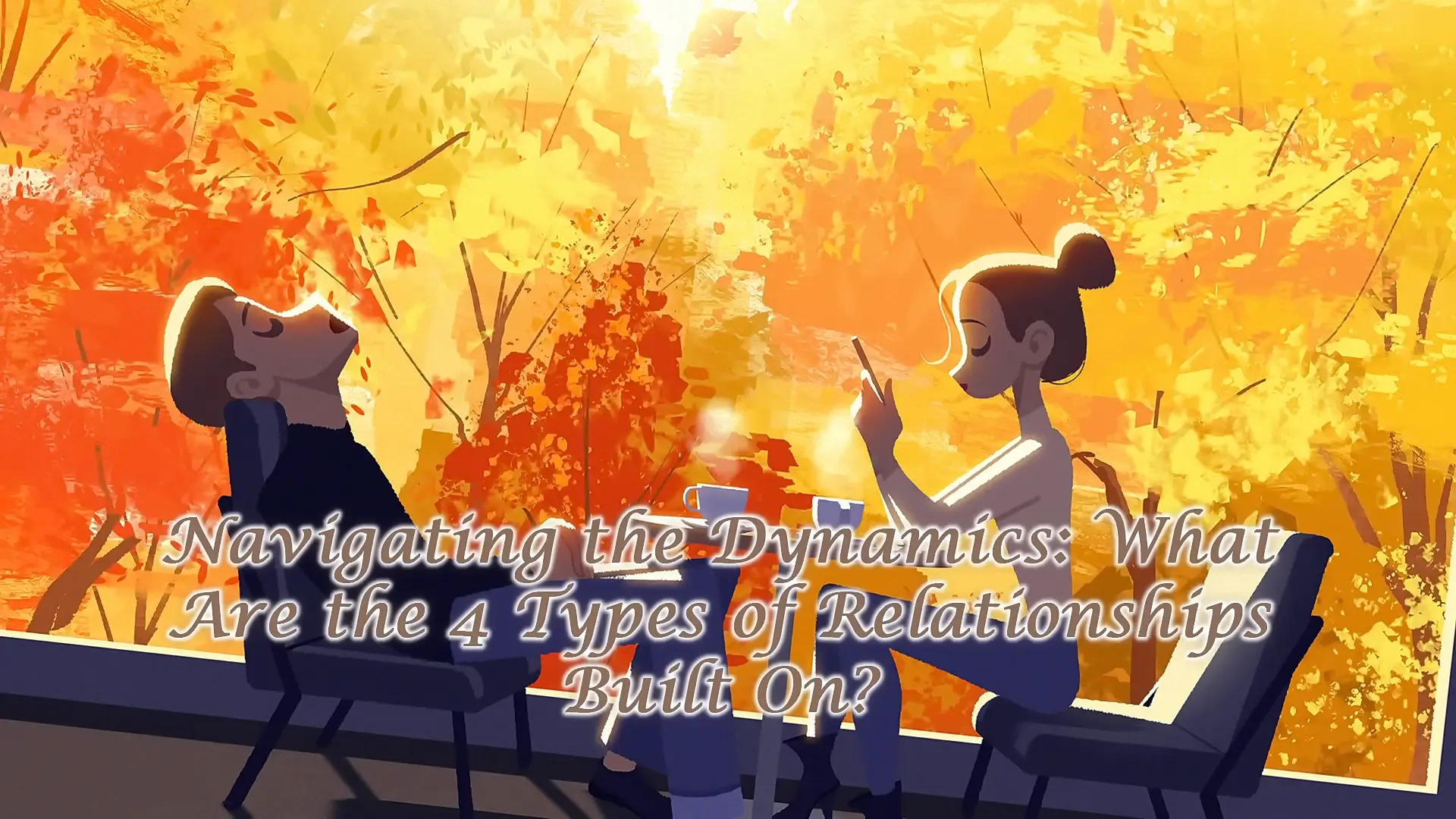In the intricate tapestry of human existence, relationships form the very threads that bind us together, weaving a complex web of connections that define our lives. From the familial to the romantic, relationships come in various shapes and sizes, each with its unique dynamics and influences. In this exploration, we unravel the enigma surrounding human connections and shed light on the 4 fundamental types of relationships that shape our emotional landscapes.
Understanding Relationships: A Multifaceted Tapestry
At the heart of human experience lies the profound impact of relationships. These connections can be categorized into four distinct types, each contributing to the intricate tapestry of our social and emotional lives.
Familial Relationships: The Roots of Our Existence
Familial relationships form the foundational bedrock of human connections. These ties are established by blood, encompassing relationships with parents, siblings, and extended family. Rooted in shared genes and experiences, familial bonds play a pivotal role in shaping an individual’s values, beliefs, and sense of identity.
Friendships: The Pillars of Support
As we journey through life, friendships emerge as the pillars of support that provide solace and companionship. Unlike familial connections, friendships are chosen, built on shared interests, values, and mutual understanding. These relationships contribute significantly to our emotional well-being, offering a support system outside the confines of family.
Romantic Relationships: Intertwining Souls
Romantic relationships, characterized by passion and emotional intimacy, bring an additional layer of complexity to human connections. Rooted in attraction and love, romantic partnerships involve a unique blend of shared goals, values, and physical attraction. These relationships often serve as a source of companionship, emotional support, and personal growth.
Professional Relationships: Navigating the Workplace Dynamics
In the realm of work and career, professional relationships come to the forefront. Colleagues, supervisors, and mentors form the fabric of our professional network, influencing career trajectories and personal development. Effective communication, collaboration, and mutual respect are key elements in fostering healthy professional relationships.
Navigating the Dynamics: What Are the 4 Types of Relationships Built On?
While these four types of relationships serve distinct purposes, they share common foundational elements that contribute to their strength and longevity.
Communication: The Lifeline of Connection
Effective communication serves as the lifeline that sustains all types of relationships. Open and honest dialogue fosters understanding, builds trust, and resolves conflicts. Whether it’s expressing emotions in familial bonds or discussing work-related projects in a professional setting, communication is the glue that holds relationships together.
Mutual Respect: A Cornerstone for Lasting Bonds
Respect forms the cornerstone of any healthy relationship. Whether it’s respecting familial traditions, appreciating the uniqueness of friends, cherishing a romantic partner’s individuality, or acknowledging professional expertise, mutual respect creates a foundation for lasting bonds.
Shared Values: The Common Ground
Shared values act as the common ground that unites individuals within a relationship. Whether it’s aligning on familial traditions, ethical principles in friendships, shared life goals in romantic relationships, or professional aspirations in the workplace, common values provide a sense of purpose and unity.
Emotional Support: Nurturing Connections
Emotional support is a crucial element in the fabric of relationships. From being a source of comfort in familial bonds to offering encouragement in friendships, providing love and empathy in romantic relationships, and offering professional guidance, emotional support fosters resilience and strengthens the ties that bind us.

And so: The Mosaic of Human Connections
In unraveling the 4 types of relationships, we discover the mosaic of human connections that shape our existence. Each relationship type contributes its unique hues and textures to the intricate tapestry of our lives, weaving a narrative that is as diverse as the individuals involved. As we navigate the complexities of familial, friendly, romantic, and professional bonds, it is essential to recognize the shared foundations of communication, mutual respect, shared values, and emotional support that sustain these connections. In understanding the essence of these relationships, we gain insights into the profound impact they have on our individual growth, societal structures, and the collective human experience.




prompts reflection on our own relationships, helping us better appreciate their nuances.
The insights provided can be a valuable tool for anyone seeking to improve their interpersonal skills and build healthier connections with others.
I appreciate how the article emphasizes the importance of recognizing and understanding the various types of relationships.
This article providing a useful framework for understanding and navigating the intricacies of human relationships.